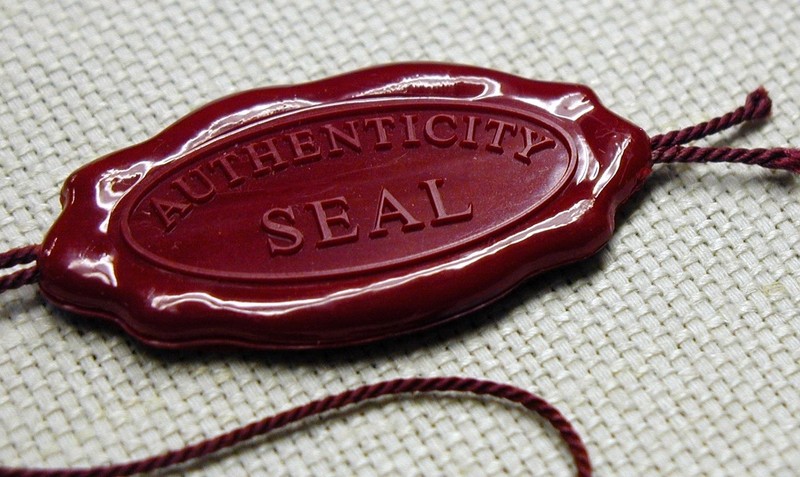
Arrrgh! Where to begin? Not to pick on Steve, but his latest post really got my blood boiling. I really love it when the experienced and credible wine writers rush to the defense of Napa Cabs, for too long, they have been overlooked. It's a good thing that Steve Heimoff is bringing these wines to parties, my invite to the next soiree is in the mail. Here is my point by point takedown:
- I haven't reviewed too many, so it can't be that great-I'll give credit where credit is due, Qupé has always made great wine, and Ojai is a no brainer, but a handful of others? You are clearly living and reviewing in a vacuum. I'm sure this has everything to do with the fact that arguably the 2 best (or certainly most syrah-foucsed) regions on the West Coast for Syrah are the 2 furthest from your offices (Columbia Valley and Santa Barbara). FYI-Your competition placed 19 syrahs in their top 100 wines of the year, more than any other variety.
- Cheap Cab is better than cheap Syrah-Yes and no. If any value winery devoted more than an afterthought to producing some solid versions, I think you'd change your mind, witness, some very good Shirazs from down under
- Australia's cheap image and the assumption that people know that Shiraz is Syrah-People may not know that Syrah is Shiraz, but the presence of Shiraz really confuses them. They largely assume that Syrah is a misspelling of Shiraz, and many try to pronounce it Shirah. Try working a big retail store on a Saturday before a holiday, that will get you in touch with the proletariat.
- "At its best, Syrah is slightly soft, with velvety, ultra-refined tannins and a chocolate-biscuit taste to the berry fruit flavors, which can range from red cherries and currants through blueberries and blackberries, all the way into cassis." To his credit, Heimoff does mention cool climate can coax out additional flavors. How about this: Syrah has the very unique ability to bring out Umami, that savory mysterious, subtle quality. Few wines, if any, have the ability to highlight subtle, earth toned dishes like syrah. The complexity, nuanced savory quality is exactly what is so appealing in this grape. I understand you prefer tongue scraping tannins, and probably prefer oak to black olives in wine, but understand that this quality exists. Syrah has the ability to hit practically every berry note, fresh or dried along with pork (smoked, cured and roasted), lamb, herbs (mint, sage, rosemary), cedar and black olives, and there's probably a dozen additional appropriate descriptors.
- Cabernet is THE Noble variety-This is a completely wrong assertion. Noble refers to varietal wines. Wines that are bottled without the need for blending i.e. Chardonnay, Pinot Noir, and SYRAH. Last I checked, the predominance of Merlot blended into Cabernet essentially wrote the varietal labeling laws setting them at 25% non-labeled varietal in the blend. Coincidentally, the approx cuvée of left bank Bordeaux, the greatest Cabs in the world, often runs about 75% Cab. Side note, Syrah is considered by many winemakers to be the most sophisticated and versatile grape because it can stand alone, take on other grapes in the blend (even white grapes), or help shore up other wines with just a touch added.
- American's attention span wanes after Cab, Merlot, Pinot Noir and um zinfandel?- Malbec, you forgot Malbec. I want to know how you left out the fastest growing varietal in the US, that by most accounts, is the 4th (out of 5) best variety in Bordeaux and is twice as expensive to grow as Syrah. I'd be flat out giddy if Syrah grew to half the sales of Malbec next year.
















